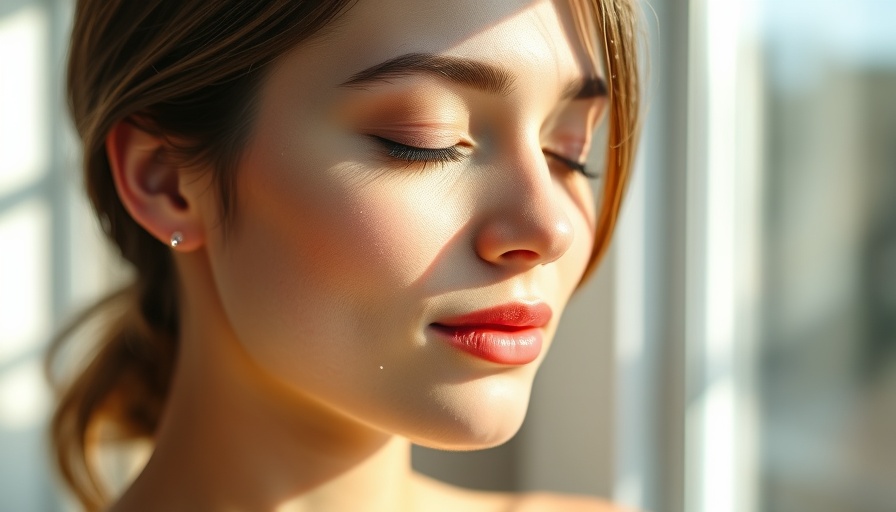
The Rise of Hypochlorous Acid in Skincare
In the age of social media, skincare trends can often come and go in the blink of an eye. However, hypochlorous acid is proving to be a lasting favorite among beauty enthusiasts and dermatologists alike. Recently, this acid has gained traction on platforms like TikTok, where influencers are promoting its myriad benefits for a range of skin concerns, from acne to eczema. According to searches, the ingredient has skyrocketed in popularity, prompting the launch of hypochlorous acid products by both luxury and budget skincare brands.
What Is Hypochlorous Acid?
Hypochlorous acid, often seen in the form of sprays, creams, and serums, has a long history of use dating back to the 1800s. Known for its antimicrobial properties, it has been effectively utilized for wound care and sterilization. Dermatologists like Dr. Raman Madan, chief of dermatology at Glen Cove Hospital, confirm that while social media has helped spread the word, hypochlorous acid has been a trusted tool in clinical settings for many years.
Benefits of Hypochlorous Acid for Skin
Hypochlorous acid is celebrated for its ability to treat various skin conditions without the irritation that often accompanies other antimicrobial agents. Dr. Shilpi Khetarpal from the Cleveland Clinic highlights its gentle nature, allowing it to be used on sensitive skin—a significant advantage over traditional alcohol-based products that can sting. Studies show that it’s effective against gram-positive and gram-negative bacteria, including those responsible for acne flare-ups.
Not Just a Trend: Clinical Applications
This acid is not a miracle cure, but it can enhance a holistic skincare routine. Dr. Madan notes that it neutralizes pro-inflammatory mediators and acts as an oxidizing agent, calming inflamed skin conditions like rosacea. Regular and cautious application of hypochlorous acid can support the skin barrier while also reducing the incidence of bacterial infections.
Practical Tips for Incorporating Hypochlorous Acid
For those looking to add hypochlorous acid to their routine, experts recommend being mindful of usage frequency; applying it too often may impact the good bacteria on the skin. Integrating hypochlorous acid into your regimen can be as simple as spritzing it on after workouts or before other treatments, creating a foundation for healthier skin.
Understanding the Fine Print
Education is essential in navigating any skincare trend. While hypochlorous acid has proven advantages, consumers should remain critical of the claims made by brands. It is imperative to consider medical advice and personal skin types when trying new products. Reliable sources, including dermatologists and peer-reviewed studies, can provide guidance in determining the best application practices.
Future Implications in Dermatology
The increasing endorsement of hypochlorous acid not only speaks to the growing role of social media in shaping consumer choices but also paves the way for broader discussions within dermatology. As more skincare products emerge, maintaining evidence-based practices will be pivotal in providing quality patient care. The integration of hypochlorous acid into treatment protocols could very well represent a turning point for dermatological practices moving forward.
As we stride into a future where skincare becomes increasingly intertwined with science-based solutions, hypochlorous acid is a noteworthy component in achieving optimal skin health. Healthcare professionals should continue to educate patients about its benefits while guiding them in choosing the best practices for their individual needs.
Stay informed on the latest medical trends and breakthroughs in skincare. Explore further research and engage with a vibrant community of specialists through educational resources available for healthcare professionals. Keep learning and adapting for the benefit of your patients and your practice.
 Add Row
Add Row  Add
Add 




 Add Row
Add Row  Add
Add 

Write A Comment